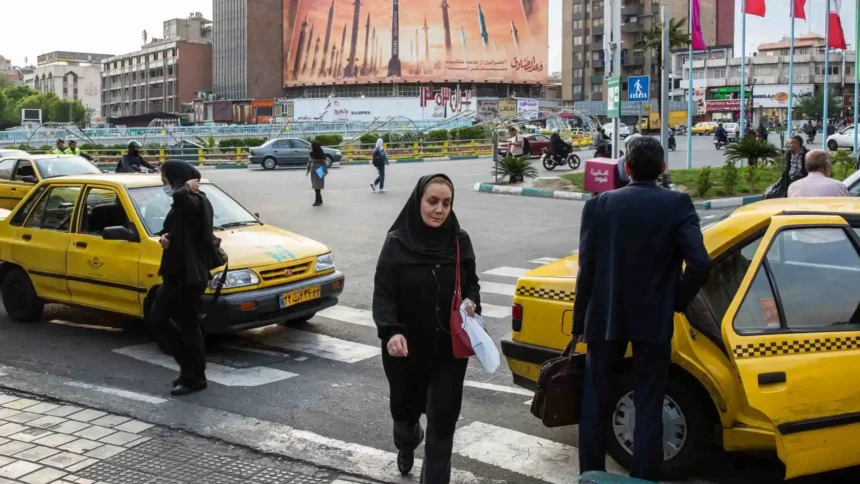The already tense and volatile tensions in Middle East has intensified dramatically as reports surface of a possible Israeli strike on Iranian soil triggering global anxiety. This article explores the root of the situation, examining the latest events, international reactions and the ramifications that could result from it.
Tensions on High Alert: Iran Responds to Alleged Israeli Strike
In the wake of Iran’s unprecedented drone and missile barrage at Israel on April 14 tensions rose to new levels. The 19th of April was the day that explosions erupted in Isfahan the capital of center Iranian province. Although the cause is undetermined, speculations about an Israeli retaliatory strike gained considerable momentum. Iranian officials, who remained anonymous and avoiding public scrutiny, dismissed the incident as saying it was an infiltration, not an actual attack. However an activation by Iranian air defenses in the vicinity of an important air base and nuclear plant in Isfahan raised concerns about an Israeli operation.
International Community Reacts with Caution
The international community reacted with a mixture of concern and demands for de-escalation. It is worth noting that the United States, a key actor in the region, did not comment at first. But later reports that quoted unnamed U.S. officials, suggested that Israel had warned that the United States about the strike however, without seeking approval or involvement.
Oman the nation that is recognized in its capacity as mediator for the Middle East, strongly condemned the reported Israeli attack, calling for the restraint of all parties that are involved. Oman, a nation that is known for its mediation role in the Middle East region, strongly United Kingdom echoed similar sentiments and a minister from the government declaring his hope for a de-escalation.
The global financial market reflected the tensions. A wave of risk-aversion took over markets, prompting investors to look for safe-haven assets such as the Swiss franc and Japanese yen. Oil prices saw a spike in response to concerns about possible disruptions to supply within the region that is oil rich.
Unconfirmed Reports and Heightened Uncertainty
The absence of formal confirmation by either Israel or Iran in relation to the alleged attack that occurred in Isfahan obscures the issue in mystery. In response, the International Atomic Energy Agency (IAEA) intervened to make sure that there were no injuries caused to Iran’s nuclear facilities in the incident. The US Embassy in Israel with a cautious attitude, limited movement of the employees of its embassy and families.
The muddy waters continue to flow, Iranian government media reported the return of flights from Tehran’s main airports following an initial suspension due to the explosions. Airlines rushed to alter routes of flights or even divert them entirely to accommodate the apparent closure of airspace over Iran.
A Critical Juncture in the Israel-Iran Conflict
This incident marks a crucial point in the already difficult relationships that exists between Israel as well as Iran. The risk of escalation is significant and the world is watching with anticipation. If diplomacy prevails, or the situation escalates to an all-out military conflict is to be seen.



